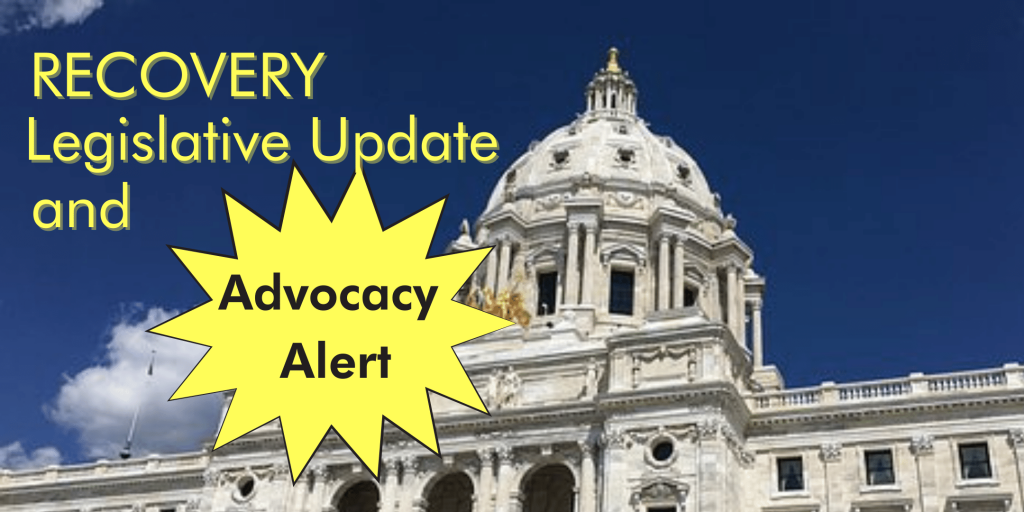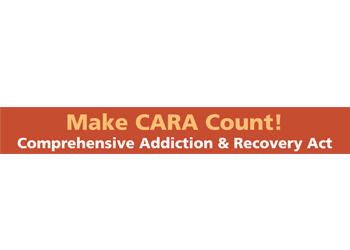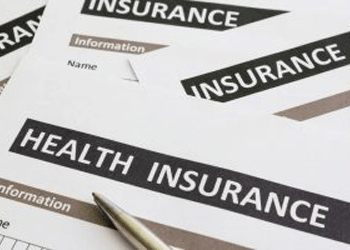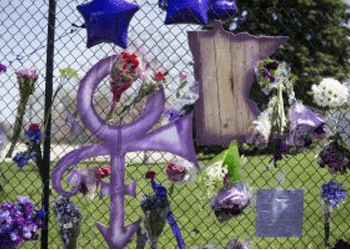
Recovery is making strides in St. Paul and Washington!
At both the state and federal level, the message is being heard that recovery indeed works. Recovery support organizations have long enjoyed the verbal support of politicians and policymakers; in 2021, that began to translate into unprecedented financial support.
In Minnesota, the state’s growing network of 13 Recovery Community Organizations will be able to secure grants during the next two years to support their core services and infrastructure. A total of $4 million will be available.
The funding bill, introduced by Minnesota Recovery Connection and sponsored by Rep. Sidney Jordan (DFL-Minneapolis), is just one part of a slew of new initiatives contained in the state’s massive health and human services budget that will boost treatment and recovery resources for people with substance use disorders.
“It was an incredibly successful [legislative] session,” said John Magnuson, executive director of Minnesota Association of Resources for Recovery and Chemical Health (MAARCH). “The key takeaway is that if all of the stakeholders work as one, the results are impressive. But there’s still more work to do.”
Among other programs that received new or increased funding include continuing to expand access to SUD treatment for people covered by MinnesotaCare and Medicaid, loan forgiveness for licensed alcohol and drug counselors, improving communication and troubleshooting among SUD treatment and recovery providers and loosening restrictions on telehealth SUD treatment.
Legislators treated “addiction as a bipartisan issue, a disease that resides in every family in America,” Magnuson said. “We were able to show the efficacy of outcomes, that there were solutions to this epidemic that was being masked by the pandemic.”
That said, to build on the successes of this year’s legislation, “we need a greater grassroots presence in Minnesota,” he said. “We need to share stories, to reach legislators. This year, we turned on all the valves, but to maintain that, we’ve got to keep building at the grassroots.”
At the federal level, it’s too soon to know exactly how much aid could begin flowing to recovery organizations, but the Biden administration has put serious money into its 2022 budget.
For the first time, recovery support services have been singled out and would be guaranteed to receive 10 percent of the block grants that pay for substance use disorder programs in the states. According to the administration’s budget document, that grant money can be used for everything from recovery homes and schools to training and education campaigns. Notably, it intends to “reduce addiction/recovery-related stigma and discrimination at the local level; provide addiction treatment and recovery resources and support system navigation; make accessible peer recovery support services that support diverse populations and are inclusive of all pathways of recovery.”
The chunk of money available in the Substance Use Disorder Prevention and Treatment block grants would nearly double to $3.5 billion. In addition, the budget would provide a 50 percent increase in peer support technical assistance, spending $1.5 billion. It also would double support for recovery community-building, spending $20 million.
While a president’s budget plan never sails through Congress intact, these proposals show that the Biden administration has made recovery a priority – more than any of its predecessors. Let Minnesota’s senators and your House member know it should be their priority, too.




